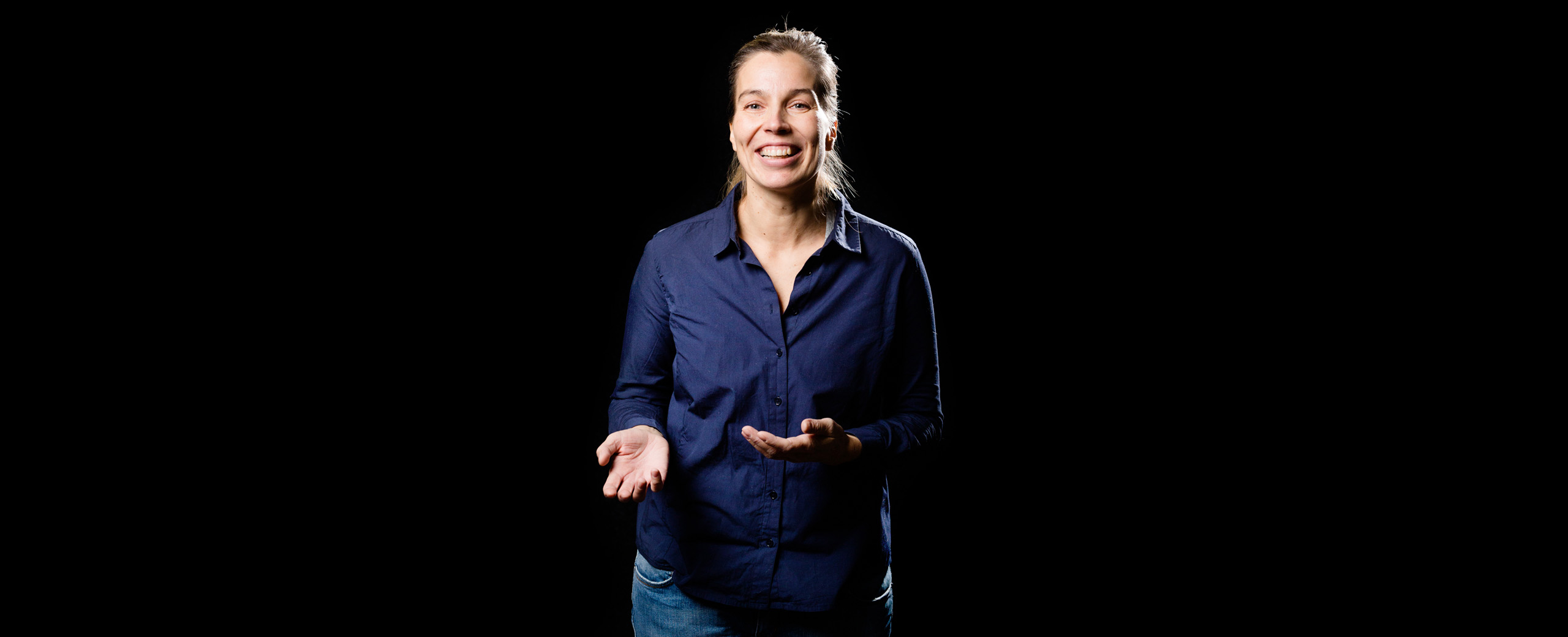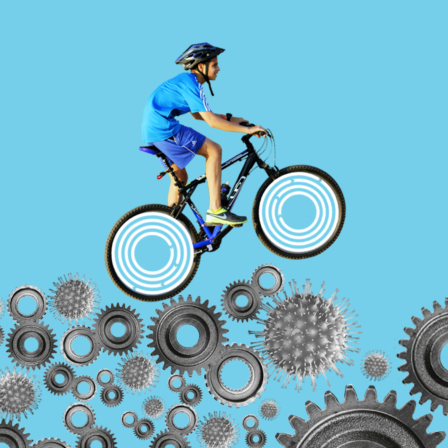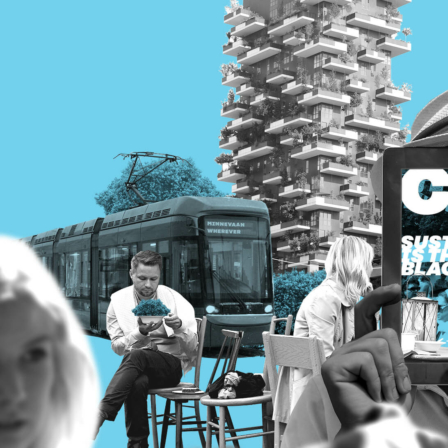In a survey conducted in the United Kingdom, as many as 85 per cent of the respondents did not wish to return to the “old normal”. They instead hoped to continue to develop their day-to-day lives with the changes brought about by social distancing. Only nine per cent of the respondents hoped that everything would return to the same as before the coronavirus outbreak.
Quite a few international reports have been prepared on the changes in behaviour that have occurred during the outbreak. We have collected some key points in this article.
- Consumer optimism declining. According to international studies, consumer optimism is currently declining, and the social isolation caused by coronavirus is sure to have negatively affected many people’s incomes. Globally, many consumers are still expecting the outbreak to have a long-term impact on their consumption. Especially in countries heavily affected by coronavirus, consumers expect their routines to continue to change for the next four months. In other countries people expect to return to “normal” more quickly.
- Needs on the rise, wants on the decline. As our incomes have decreased, we are not spending as much on trivial things, but instead restrict our consumption to necessary or vital items. We spend more time thinking about how to make our reduced incomes last.
- Online shopping contributes to a larger share of our consumption. Consumption during the coronavirus outbreak has largely happened online. We avoid contact with other people and ordering daily goods online has also spiked in Finland.
- As restrictions are phased out, we keep searching for more meaningful ways to consume and connect with others. It does not feel like we have returned to normal everyday life yet. We are spending more time outside our homes and are thinking about seeing our friends and families again. However, we may be on the cusp of a possible second wave of coronavirus. In Europe and China, over half of the respondents to a study were planning to leave their homes to meet their families and friends. A large minority of consumers intended to dine at a restaurant, get a haircut or reduce working remotely. However, the intent to travel abroad, shop at large shopping centres or attend crowded events continues to be low.
- We want confirmation of our sense of security. When visiting shops and service providers, we want to see that hygiene and cleanliness are well taken care of. Indeed, our sense of security is currently enhanced by the introduction of visible hygiene reports and hand sanitiser arrangements. Internationally, about 15 per cent of consumers are still waiting for the release of a vaccine before they feel comfortable about going out in public.
Euromonitor determines annual consumer trends and many of the 2020 consumer trends kept gaining prominence as a result of the coronavirus crisis. They are currently visible in the following ways.
- Beyond Human – An amalgamation of technology and humanity, and the development of our coexistence with various artificial intelligence services. During the coronavirus outbreak, it has become clear that our lives are increasingly dependent on digital services in isolation and that technology is helping us during the crisis. Companies have used robots to make up for employee absences and avoid human contact during the outbreak.
- Catch me in seconds – Consumers are faced with a huge amount of information every day and have a desire for a personalised way to find relevant content. During the coronavirus outbreak, the amount of available information has only been increasing, and we have been craving information about the virus and the related measures and risks. Now more than ever, we are longing for easily digestible information.
- Frictionless mobility – Our mobility involves increasingly combining different modes of transport. Before the coronavirus outbreak, we wanted to get from one place to another as easily and conveniently as possible. The coronavirus situation has shown us a day-to-day life that no longer involves commuting to work or studies but instead bringing these to us through virtual applications.
- Inclusive for all – The accessibility of services keeps gaining emphasis. Special groups are faced with a constant lack of services. In particular, a need has grown to develop services for groups such as older people during the outbreak to ensure that their daily lives also run safely. Communities and neighbourhoods have also mobilised themselves to help groups that need more protection and security during the coronavirus outbreak.
- Minding myself – Focusing on personal well-being and particularly mental welfare is becoming more prevalent. The coronavirus outbreak has also resulted in a major change in this area. In a survey on the effects of COVID-19 by Accenture, 60 per cent of the respondents had been paying more attention to their self-care and mental well-being, and 57 per cent had started exercising at home.
- Private personalisation – We expect to receive personalised services and products. Meanwhile, we are concerned about our personal data. This means that we want enough additional value for ourselves in exchange for our data. On the other hand, the coronavirus outbreak has shown that we are eager to provide our data if this means that we can prevent the pandemic from progressing or we can obtain more information about the spread or development of the virus.
- Multifunctional homes – Homes are developing into hubs where we can study, work and exercise using various digital services. The coronavirus outbreak particularly accelerated this trend. Overnight, schools moved online, office workers isolated themselves in their home offices and online sports services grew in value. Even recreational clubs have arranged their exercises online.
- Proudly local, going global – We value and wish to support local production, and the coronavirus outbreak has also further increased this trend. We want to use local restaurants and service providers, because we know that we are all struggling at the moment and want to contribute to reviving our society. The crisis has greatly increased communality and locality.
- Reuse revolutionaries – We are becoming increasingly climate aware and want to influence issues through the choices we make every day. The coronavirus crisis has briefly replaced climate issues in the news, and we are now focusing more on hygiene than pollution. Everyone understands that the situation requires disposable products, and we are sure to return to a more sustainable daily life in the future.
- We want clean air everywhere – Climate anxiety keeps growing and many perceive the coronavirus outbreak as an opportunity to change the value basis of societies and perhaps even introduce a more long-term change in our behaviour. Google’s search trends indicate that the search query “How to live a sustainable lifestyle” has recently increased by 4,550 per cent.
In other words, it would seem that spending time in isolation because of the coronavirus outbreak may have forced us to think about the world order and discover new meanings and values for life. During the outbreak, we have noticed that the small choices we all make have a great combined impact. This has helped us understand our present and future roles in combating climate change.
It will be interesting to see how we return to “normality” after the crisis, and what that “normality” will actually be. Of course, we hope for a better future where all humans and nature are doing well and where we as a whole of society are more prepared to take on new challenges as opportunities.
Here at Sitra, we have also just launched a survey concerning the change in behaviour during the coronavirus outbreak and the ecological aspects of this change among a group of pioneering consumers. This work will be completed in November 2020 and we will publish a summary report on it. We will also expand our international work and support the acceleration of the introduction of new sustainable everyday life solutions developed and tested in Finland to Slovenia, Canada, the Czech Republic, Turkey and the UK.




Recommended
Dig in deeper.